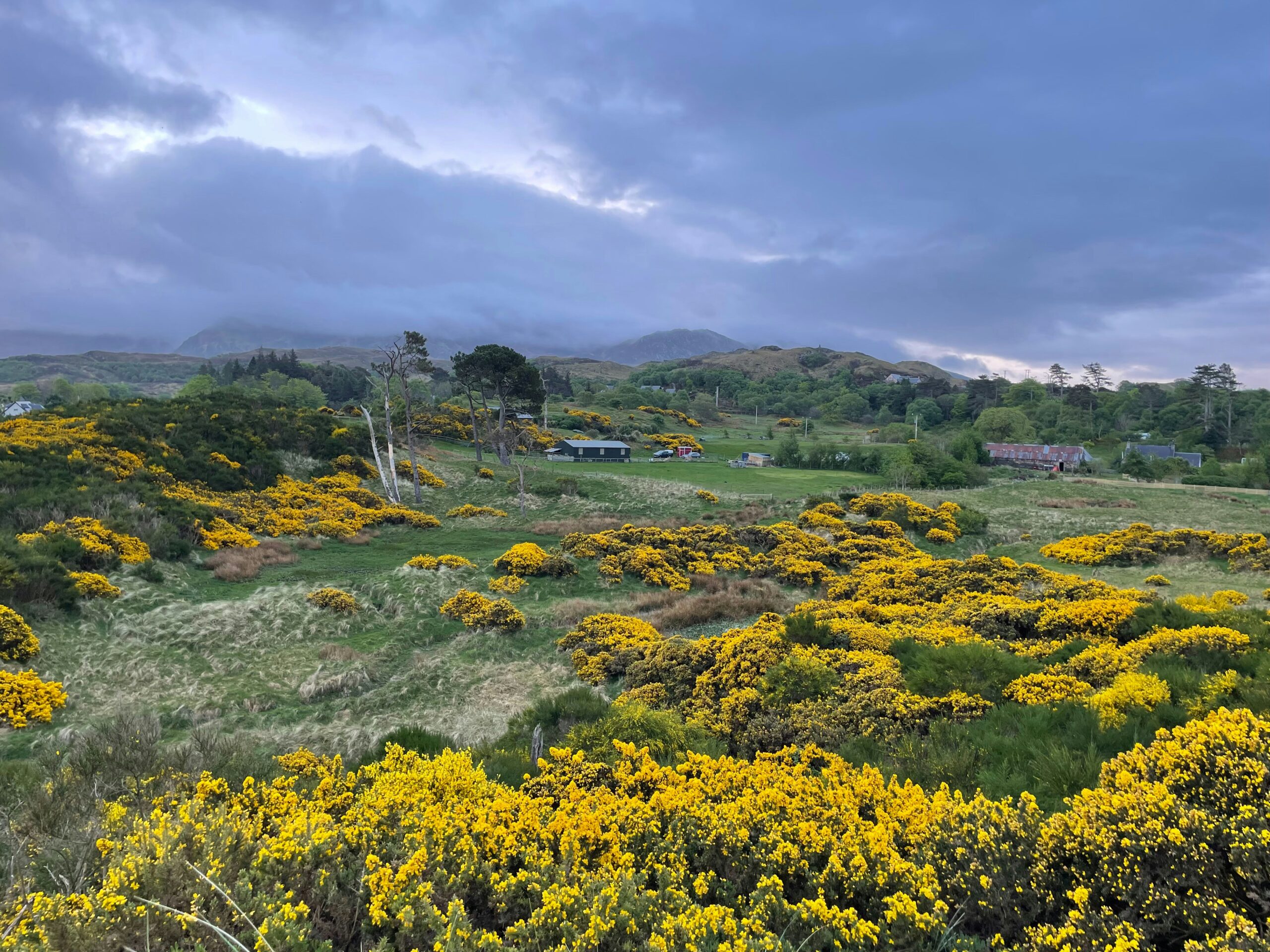A recent Journal of Adventure Education and Outdoor Learning special issue has brought together voices from around the world exploring how our relationship with nature directly shapes both human and planetary wellbeing. Edited by Vinathe Sharma-Brymer, Eric Brymer and Chris Loynes, Collective Action for Health and Wellbeing Benefits from Human–Nature Relationships calls for a shift in how we think about health, education, and the outdoors.
The message is both simple and profound: healthy people need a healthy planet — and our daily connection with nature matters more than ever.
Beyond Exercise: Rethinking Health and Wellbeing
The authors remind us that wellbeing is not only about exercise or activity levels. It’s also about relationship: with place, with community, and with the more-than-human world.
Across 18 studies, the issue explores outdoor learning, adventure education, community initiatives and therapeutic interventions that reconnect people with nature in diverse ways.
From forest schools and coastal play in Australia, to nature journalling in community groups, to wilderness walking with at-risk adolescents in Italy, the examples all show the same pattern — when we engage meaningfully with nature, our stress levels drop, resilience rises, and we feel more connected to ourselves and others.
The researchers also note that these benefits are strongest when experiences are regular, local, and inclusive, rather than occasional or exclusive. Everyday connection matters most.
Nature Across the Lifespan
The issue highlights the long-term impact of early outdoor experiences — how encounters in childhood can influence wellbeing well into adulthood. It also shares research on older adults, showing that sensory and emotional connection with nature continues to support mental health and vitality later in life.
For educators, this offers a gentle reminder: every outdoor moment with children contributes to lifelong patterns of health and belonging.
A Global Call for Collective Action
Perhaps the most powerful theme is collective responsibility. The editors argue that promoting health now means caring for ecosystems too — the two cannot be separated.
They urge educators, community leaders, health professionals and policymakers to collaborate across disciplines, building environments and programs that nurture healthy human–nature relationships in schools, workplaces and public spaces.
They suggest practical steps such as:
- Designing curricula that embed nature connection across subjects and stages.
- Making green and blue spaces accessible to all communities.
- Recognising outdoor and adventure education as part of wellbeing provision.
These recommendations align with the growing “One Health” and “Planetary Health” movements, which view the wellbeing of people and planet as one intertwined system.
A Thought for Schools
For those of us working in outdoor learning, this special issue offers affirmation and challenge in equal measure. It reminds us that our work is not only about learning outcomes but about sustaining the web of life that learning depends on.
At Love Outdoor Learning, we see these ideas come to life daily — in the small moments when a child pauses to listen to birdsong, or when a class begins to see their playground as a shared ecosystem. These are quiet acts of collective care.
Read the Article
The full editorial, Collective Action for Health and Wellbeing Benefits from Human–Nature Relationships (2025), is available in the Journal of Adventure Education and Outdoor Learning and can be accessed online here:
https://doi.org/10.1080/14729679.2025.2452696
It’s an inspiring read for anyone involved in education, wellbeing, or environmental leadership — a reminder that the outdoors is not just where we learn, but how we live well together.




